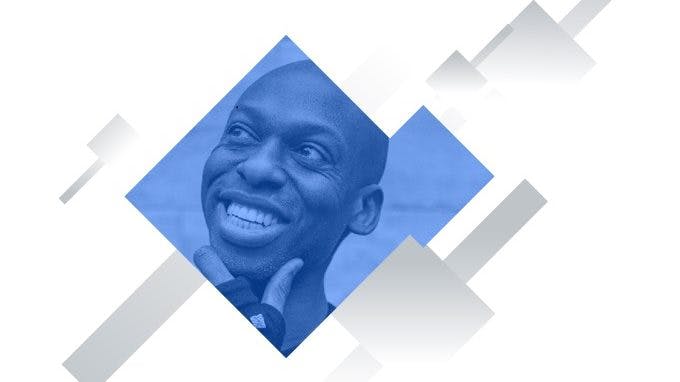Professors and practitioners of geopolitics have long been debating which civilisation will replace the West as the world’s hegemon. But if you told these scholars that the challenge to the West would come from what we patronisingly used to call the Third World, they would shake their old, learned, respectable bald heads and tell you you’re living in fantasyland.
That didn’t stop me predicting in December that the global South represents the most vigorous and dynamic challenge to the dominance of the rich North (for which read: the West).
If you thought my New Year’s forecast was fanciful, then new figures on crypto adoption in developing nations should give you pause for thought. Last week the World Economic Forum revealed that a third of Nigerians either own or are using cryptocurrencies which — let me tell you from my own experience — means almost exclusively Bitcoin. Meanwhile, more than one in five Vietnamese and Philippinos are using crypto.
Compare that to a paltry six per cent in the United States, five in Germany and just four in tech-mad Japan.
I’ve talked before about the attraction of Bitcoin in developing countries which suffer from economic and political turmoil. If you live in a country with rampant inflation, decrepit or unreliable banking infrastructure, or where an authoritarian state can freeze your bank account on a whim, the driver for Bitcoin adoption is less about getting rich than it is about protecting your financial assets.
But the precipitous rise in Bitcoin adoption shouldn’t be seen as a “local” phenomenon. In developing countries, led (I’m proud to say) by Nigeria, we’re on the cusp of the 51% revolution. And that has implications that no one, not even the West, can ignore.
This revolution won’t be an attack on blockchain, as we’d see in a hypothetical 51% attack, but in people’s minds. When half of the population is using Bitcoin we won’t just pass an economic milestone, but burst through a psychological barrier: a Hegemony in the Head.
Where Bitcoin is the predominant means of holding wealth, where friends and neighbours shake their heads at you for continuing to transact in the Naira or Dong, it becomes so firmly established that government attempts to ban it becomes irrelevant.
And this Hegemony in the Head is reinforced whenever people dip their toe into the water. Say a relative abroad convinces their family to receive remittances in Bitcoin to avoid the 10% fee on international money transfer. If the recipients can’t immediately cash out the
USD100 in BTC their relative sent, they might find that this has grown to USD120 or more in the space of a few days.
This quiet revolution in the developing world is taking place at the same time as major investors and corporations like Tesla and Oracle are backing the ฿. People in Nigeria and Vietnam read the news too, and they have more interest in learning how to protect their wealth than we in the (so far) “stable” West.
And remember, the surge towards Bitcoin in these countries has occurred without the Bitcoin ecosystem of exchanges, advertising and e ducation on which adoption in the West relies.
For 500 years or more, the West has been dishing out lessons to the rest of the world, preaching the superiority of its values — including its financial system. What we’re witnessing is a revolutionary shift in the direction of education. It is becoming harder to ignore Bitcoin adoption in the rest of the world, especially when these countries’ diasporas, living over here, are rejecting established financial networks and institutions in favour of a better system.
In the battle for monetary supremacy between the defenders of fiat and the advocates of Bitcoin, I predict the countries whose citizens can effectively protect their wealth first will be the global winners. And that should set the wise old heads of foreign affairs rethinking who will be the true hegemons of the 21st century.
